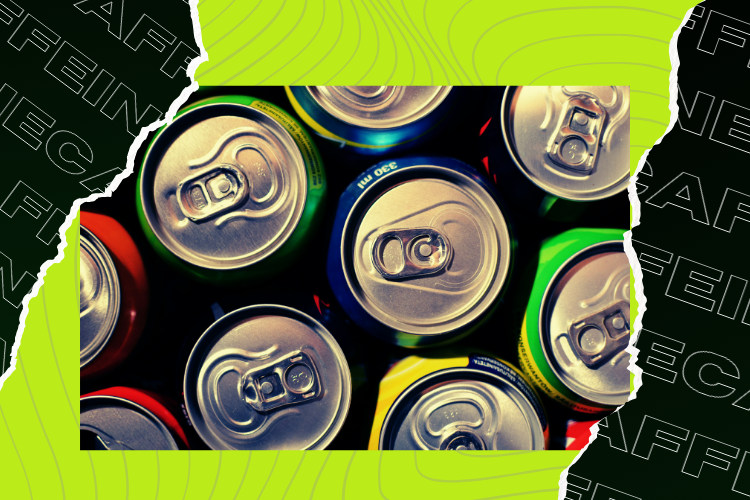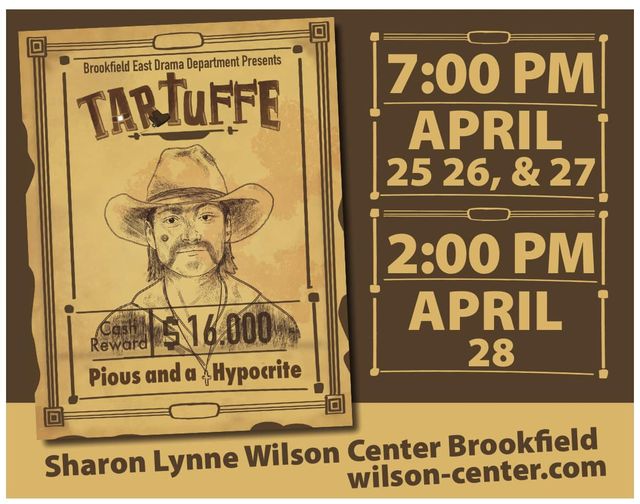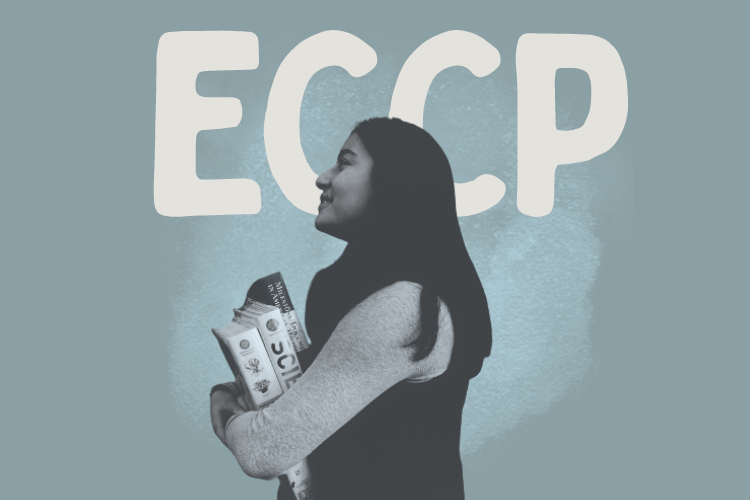A study published by the American Journal of Pediatrics found that 83.2%. Caffeine can provide a quick jolt of energy to finish off your homework, or a quick jolt of energy during your ever so tiring third block class. But caffeine does not come without a risk. Not only is it easy to over consume caffeine due to its wide availability within and outside of school walls, but students are also more likely to develop a dependency on caffeine. High caffeine consumption can cause increased anxiety, raise blood pressure and lead to heart palpitations, cause trouble sleeping, and for people who consume caffeine regularly, stopping consumption abruptly can lead to symptoms of withdrawal, such as headaches, fatigue and depressed mood.
What even is caffeine? Caffeine is a stimulant, meaning it works to increase the activity of your nervous system. Caffeine blocks adenosine neurotransmitters preventing feelings of tiredness. Caffeine also stimulates the activity of the adrenal glands, which increase adrenaline. This is why caffeine keeps you alert and sometimes even too alert. Many individuals report feeling jittery or stressed when they consume caffeine. However, these stimulating effects can provide some benefits. According to a review on the seven studies, each cup of coffee consumed is linked to a 8% decrease in risk of depression. Caffeine can also increase energy, metabolism, and cognitive function.
At Brookfield East, coffee and other caffeinated drinks can be found at our school’s cafe, The Spartan Union, and within the cafeteria, where one can find a wide array of energy drinks including Bubblr, Kickstart, UpTime, Venom, and more. Each drink ranges from 70 mg to 200 mg. According to the American Academy of Pediatrics, teenagers should consume no more than 100 milligrams of caffeine a day. Many of the drinks sold in the cafeteria are far above this limit, raising the question of if they should be sold at our school in the first place. While caffeine is often characterized as harmless, in the past, overconsumption has been linked to cases of cardiac arrest and even death.
“I consume caffeine a lot on a regular basis, mostly Bubbl’r and Starbucks, so around 138-369 mg per day.” says Sarah Grewal (10). Zaynab Iqbal (12) shares the same wavelength also stating, “I absolutely depend on caffeine. I average around 200mg to 300mg a day.” Ava Auchter (12) is one of those that does not like caffeine and doesn’t consume it at all. She states, “ Coffee sucks, and it doesn’t work on me. If anything it makes me more tired.” Hasini Manne (10) takes a middle ground approach, expressing, “I consume caffeine very rarely since I try not to get addicted to caffeine. I usually only drink coffee occasionally at home or from the union.”
Although caffeine has many tempting benefits, it’s easy to fall victim to a cycle of overconsumption. So, should caffeine really be as heavily promoted in society as it is today? The amount of caffeine that students consume clearly seems to vary. However, many of them seem to take advantage of the school cafeteria’s wide array of caffeinated beverages. This brings the question; Why does our school offer such highly caffeinated drinks in the first place? Should drinks with twice the daily recommended dose of caffeine be so readily available?






